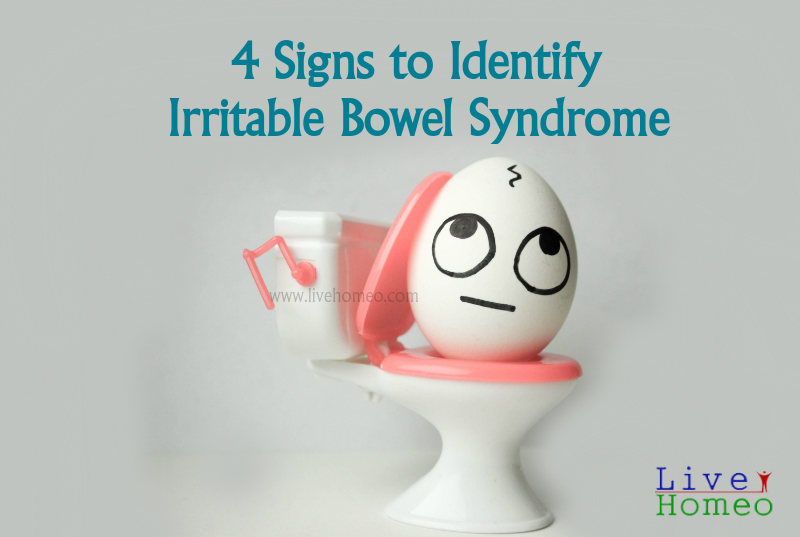What’s Making Your Abdominal pain
Do you know the severe pain in your lower right abdomen can be a warning sign of Appendicitis? Yes, if you experience pain around your right abdominal area along with other symptoms like loss of appetite, fever, constipation, diarrhea, and discomfort, then do not neglect it, as abdominal pain can be due to appendicitis, which is a serious and emergency condition. Let us in detail discuss appendicitis overview, appendicitis causes and symptoms, and also regarding foods that may make your condition worse.
What is Appendicitis?
Appendicitis is a condition where the appendix gets inflamed. An appendix is a 3 ½ inch finger-shaped pouch that is located on the right side of the abdomen and is connected to the colon. When this appendix gets blocked, the bacteria present in the appendix get multiplied, increases pressure, and results in inflammation. If not treated in time this inflamed appendix may burst and spills out the infectious bacteria into the abdominal area and this can lead to severe complications and can also be life-threatening. The appendix can be either acute or chronic. Treatment of appendicitis involves removal of this inflamed appendix through invasive procedures like laparoscopy procedure which is called laparoscopic appendicectomy.

The role of an appendix in our body is still not clear and according to one study, the appendix may contain some healthy bacteria which assist in digestion and may also have some role in the immune system and may help our body in fighting infections, but these are not certain. But one thing is clear that we can live healthy even if it is removed through invasive procedures. Removal of the appendix does not lead to any obvious consequences.
What are the signs and causes of abdominal pain of appendicitis?
Warning signs of abdominal pain
Few warning appendicitis signs include
- Dull pain around the upper abdomen that advances into severe as it goes down to the lower abdomen area.
- Pain worsens when you move, cough, walk or press the lower abdominal area
- Fever
- Nausea and vomiting
- Abdominal bloating
- Loss of appetite
- Diarrhea or constipation
- Difficulty passing urine
The area of pain and discomfort may vary depending on your age and where your appendix is located. Conceived women may experience pain in their upper abdominal area as the appendix position is higher when compared to normal conditions.
Causative factors of Appendicitis
The exact cause of appendicitis and inflammation of the appendix is not clear. It is believed that several factors can lead to blockage of the appendix like
- Stool or fecal material blocking appendix
- Inflammation in response to infection due to bacteria, virus, fungus, and parasites
- Cancer
In few cases, inflammatory bowel disease like Crohn’s disease may also lead to appendicitis.
What foods make appendicitis worse?
It is not exactly proven that any particular foods lead to appendicitis. But it is believed that cases of appendicitis are low in people who eat a lot of fruits and veggies rich in fiber. However, few foods are advised to avoid if you are suffering from appendicitis like spicy foods, fats especially animal-based, alcohol consumption, and caffeinated beverages.

